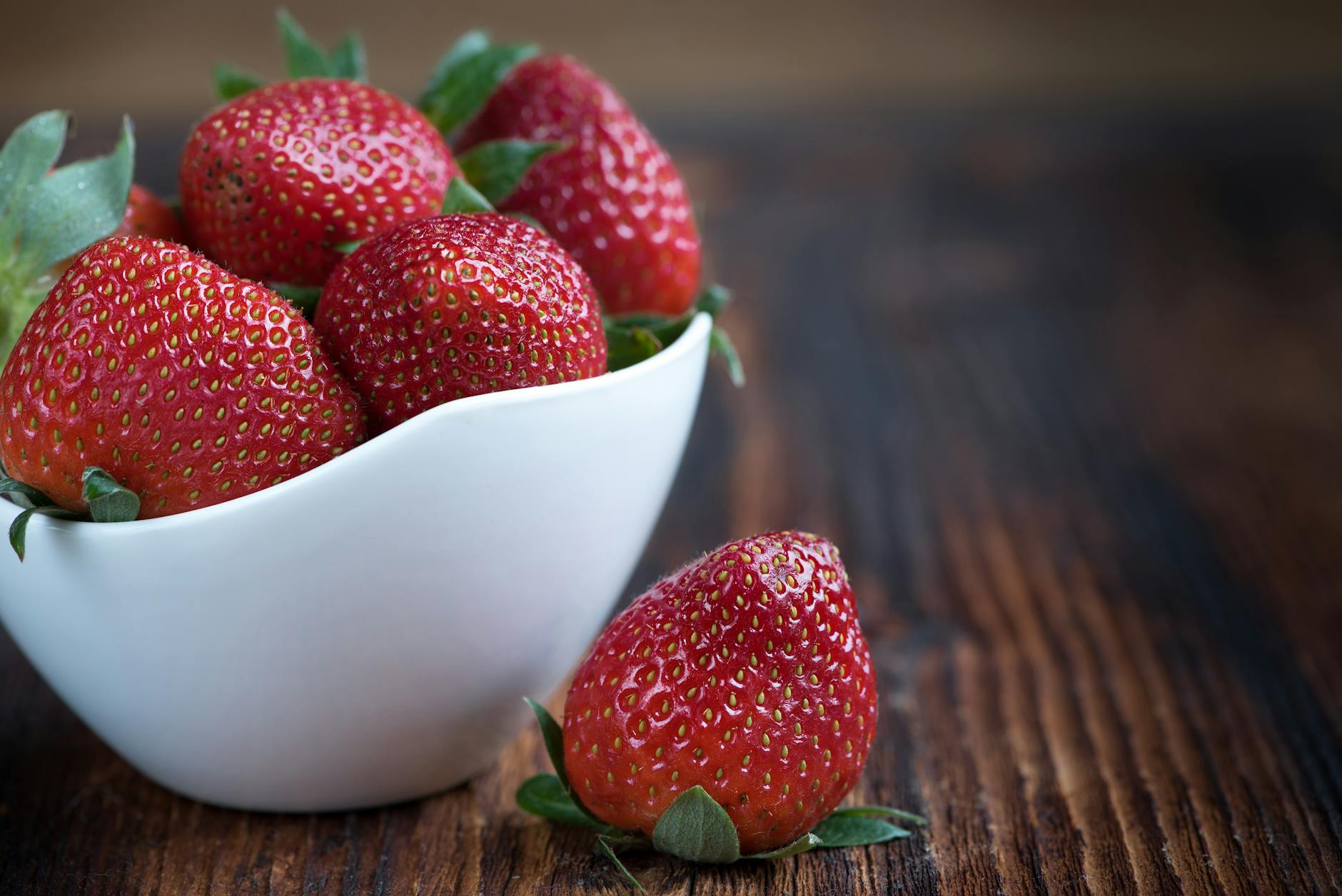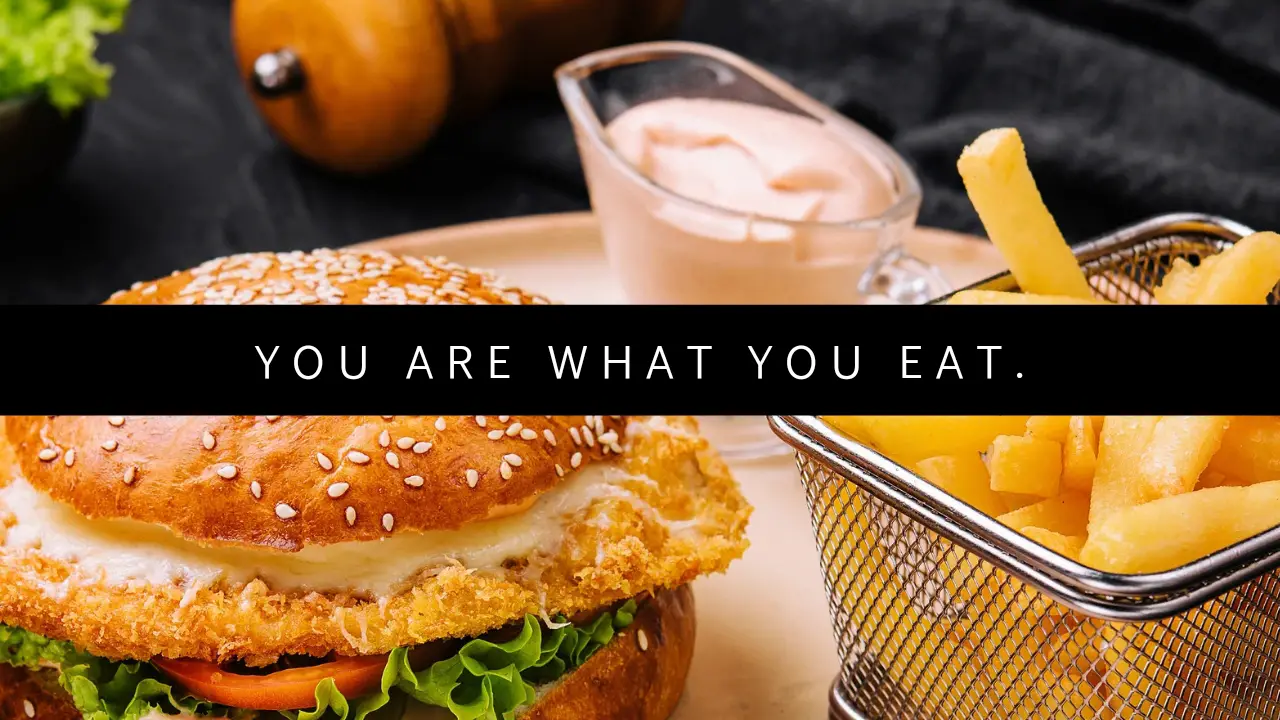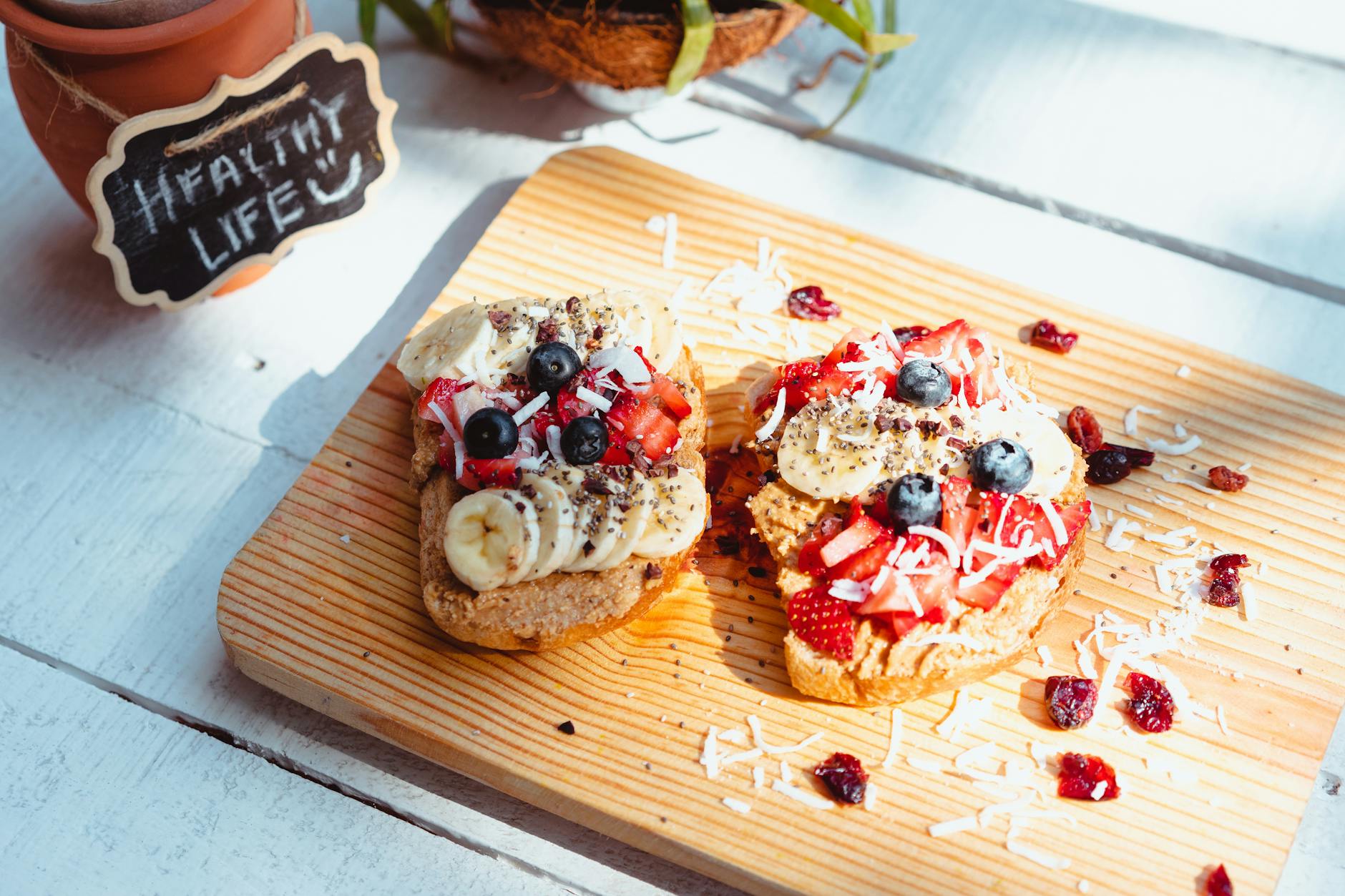Living with stomach ulcers can indeed create a constant concern about food choices, as certain items may increase pain. Additionally, there’s often uncertainty about what initially triggered the ulcers. Here’s some crucial information to ease those worries
What are stomach ulcers?
Stomach ulcers, also known as gastric ulcers or peptic ulcers, are open sores that develop on the lining of the stomach. They can also occur in the upper part of the small intestine (duodenum) or the oesophagus. These ulcers are typically caused by factors such as infection with Helicobacter pylori bacteria, long-term use of nonsteroidal anti-inflammatory drugs (NSAIDs) like ibuprofen or aspirin, excessive alcohol consumption, smoking, stress, and certain medical conditions.
The erosion of the stomach lining by stomach acid contributes to the formation of ulcers. Symptoms may include abdominal pain, bloating, heartburn, nausea, vomiting, and weight loss. Treatment often involves medications to reduce stomach acid production, antibiotics to eliminate H. pylori infection (if present), and lifestyle changes to manage symptoms and promote healing.
Tests can be done to determine the exact cause of stomach ulcers, and if it’s caused by the bacteria H. pylori, then you may be started on
some antibiotics to help the management. The doctor can also find other solutions.
Nutrition management is very important because we are talking about the stomach and food.
The goals of nutrition management include;
- To promote healing
- To relieve pain and discomfort
- To restore the nutrition status
- When individuals begin experiencing stomach pain and indigestion, they may naturally start avoiding certain foods, which could potentially lead to malnutrition and deficiencies. Additionally, there’s a risk of weight loss impacting their nutritional status.
Nutrition recommendations
- Stick to three regular meals to help prevent stomach distension, as distension triggers increased stomach acid secretion, potentially leading to more pain.
- Opt for small, frequent meals to minimize stomach distension, which stimulates acid production.
- Eat slowly and mindfully to reduce the production of excess stomach acids associated with fast eating, potentially alleviating pain.
- Identify and avoid foods and drinks that trigger discomfort, as individual reactions to foods vary. For instance, while beans may cause pain for some, they might not affect others. If eliminating certain foods, like beans, from your diet, consider replacing them with alternative legumes such as green grams or lentils. Alcohol can also aggravate stomach ulcers, so cutting back or abstaining may be necessary.
- Limit the use of spices in cooking, as they may exacerbate stomach discomfort and pain.
When you follow these nutrition guidelines, Stomach pains will not be as severe.
Important is ;
- Opt for gentler cooking methods such as soaking beans before cooking to potentially reduce their impact on the stomach.
- Substitute alcohol with healthier beverage options to minimize stomach irritation.
- When removing a specific food from your diet, ensure you replace it with alternatives from other food groups to maintain a balanced diet.
- Prioritize confirming the presence of stomach ulcers through testing before initiating medication to ensure accurate treatment.
However, certain things aren’t true about stomach ulcers, what we call myths.
Here are 4 myths and misconceptions that you should not keep on believing as they may lead to the worsening of the condition;
1. Does Stress cause stomach ulcers?
Stress doesn’t directly cause stomach ulcers, but it can exacerbate symptoms by triggering increased stomach acid production, leading to more irritation and pain. Once the stomach lining is compromised, stress-induced acid production can worsen the condition. Therefore, it’s important to manage stress effectively through techniques like relaxation methods or seeking professional support such as psychotherapy services.
2. Is Milk the Medication?
Many of us have heard and even tried the home remedy of drinking milk to soothe stomach ulcers, particularly gastric ulcers. While it may provide temporary relief, it’s not a lasting solution. What’s crucial for managing ulcers is addressing the underlying causes, such as treating H. pylori infection with antibiotics or reducing the overuse of certain medications. Stress management is also important. It’s essential to avoid self-medication, as it can worsen the condition. Seeking proper medical treatment is necessary, as ulcers often require more than just a glass of milk to heal effectively.
3. Does Eating spicy foods cause stomach ulcers?
Certainly, you can adjust the focus to emphasize dietary changes as a priority when diagnosed with stomach ulcers:
“When diagnosed with stomach ulcers, one of the initial changes to consider is avoiding spicy foods. These can exacerbate irritation on the ulcers, leading to increased pain. While spicy foods like pilau may not directly cause stomach ulcers, they can be particularly unfriendly to individuals already dealing with this condition. Foods that are too acidic or harsh on the ulcers should also be avoided, as they can worsen symptoms and discomfort.”
4. Does stomach ulcers have a cure/treatment?
For any disease once diagnosed early, there will always be a treatment, for stomach ulcers as well, an early diagnosis will mean a good prognosis.
To add to knowing the cause of stomach ulcers, the treatment can easily be sought, For instance:
- Antibiotics are crucial for eliminating H. pylori bacteria, which can contribute to stomach ulcers.
- Avoiding foods that irritate the ulcers, such as spicy foods, helps to alleviate discomfort.
- Additionally, managing stress effectively can also play a significant role in reducing symptoms and promoting healing.
Discover more from Simple Nutrition
Subscribe to get the latest posts sent to your email.


